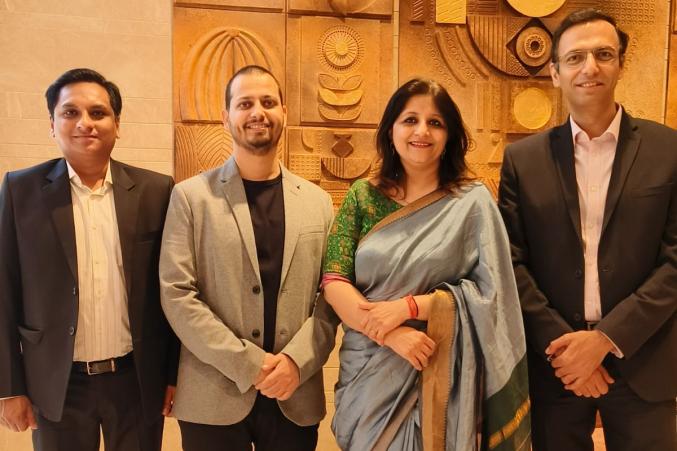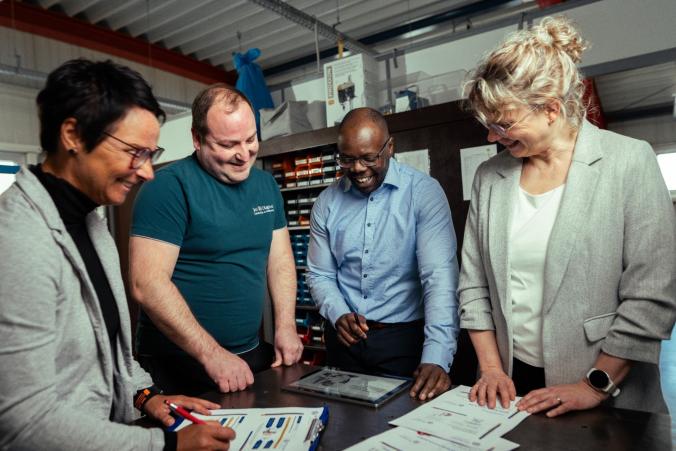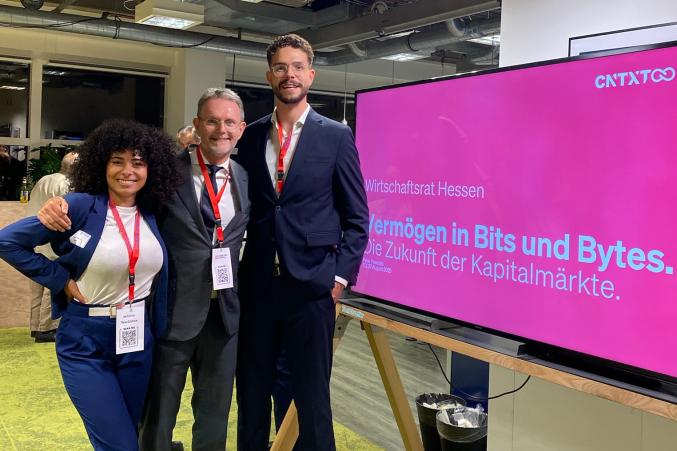Foto: Yaroslav Astakhov - stock.adobe.com
Cross-cultural issues, setting up a business, holding meetings
A lot of people new to Frankfurt Rhine-Main are drawn by the huge number of business opportunities on offer, or are posted here by their companies. It‘s really important to understand the German business culture if you want to succeed in your career and enjoy life in Germany.
THE WORKING DAY
As you may know, Germans aren‘t as workaholic as people think. Most people only work eight hours a day, and the average work week is only 37.7 hours. That said, when they‘re at work, people here are generally expected to get the job done. It‘s pretty unusual to find German colleagues taking long lunch hours and chatting casually with their office colleagues. As a general rule, the typical working day in Germany starts earlier than in most countries and ends earlier too. It might be a bit surprising if your company expects you to start at 7:30 a.m., but an 8:30 a.m. start is probably more common.
On the flip side, you‘ll usually finish work at a time that‘s considered mid-afternoon by many staff around the world. Depending on how long your lunch break is, you and your colleagues might be heading home as early as 4 pm or 4.30 pm. 5 pm is a pretty common time for the office to clear out.
Just to give you a heads-up, the German lunch break is usually just that… a 30-minute break during which colleagues head over to the company cafeteria together. Most big companies offer their employees subsidised meals and provide a hearty three-course lunch. Indeed, many employees see it as their main meal of the day.
With this kind of schedule, it‘s a bit of a gamble whether you‘ll be able to reach someone at the office after 4.30 pm, so it‘s best to take care of any important business well before then. Also, if you‘re trying to get in touch with someone on a Friday, it‘s best to give them at least an hour‘s head start, as most people use the afternoon to get ready for the weekend.
Maybe it‘s because the workday ends earlier than in the Anglo-Saxon business world that your German colleagues will usually head straight home at the end of the day and not go out for a beer in the local pub.
Hessen Trade & Invest
Business contacts in Frankfurt Rhine-Main
One great way to make new friends and find your feet outside of work is to: There are so many ways to get involved and make new connections. You can become a member or get involved in one of the many business associations out there, volunteer with a non-profit organisation, or join a club.
Slow, Steady and Detailed
Germans have kept up their reputation for high-quality work even with less time to work – because they‘re thorough. When Germans work, they work hard.
Task-Masters and Problem-Solvers
Just as „thorough“ is a bit of a catchphrase here, you‘ll also hear a lot of „Ordnung,“ which basically means structure or order.
Business Meetings
It‘s probably best to look at the nature of business meetings in Germany from the perspective of negotiations.
German Corporate Structure
The basic German business structure is pretty hierarchical with clearly defined roles. It‘s clear who‘s responsible for what in a company.
Small Stuff Counts, Big-Time
Another thing that comes from this „the good of the group“ mindset is that being on time is really important in Germany.



















